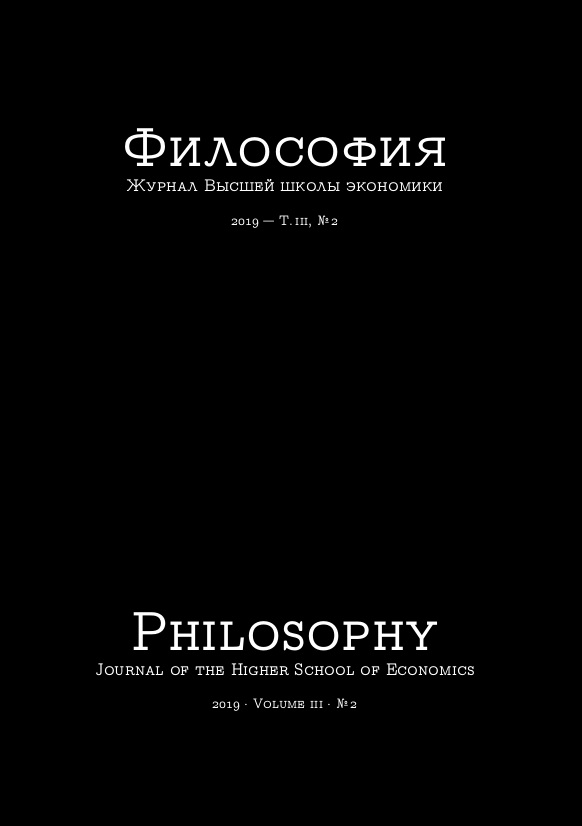Mercy Beyond the Established Procedure
Strategies of Petitioners and Responses of Official (Using the Example of the Ministry of the Imperial Court. 1856–1861)
Abstract
This article deals with strategies for solving social problems beyond the established bureaucratic procedure in the Russian Empire. In these cases, official petitions were supported or even replaced by seeking for a patronage of high-ranking officials. The Minister of the Court had the ambivalent position. He was perceived both as one of the highest dignitaries and as “the all-important courtier” having direct and permanent access to the Emperor's generosity. The article analyses the petitions addressed to the Minister of the Court in the
first five years of the reign of Alexander II. The author focuses on linguistic and stylistic characteristics which were typical for patronage seeking, as well as hidden strategies of getting appointments, rewards, pensions, etc. The arguments used in the petitions, especially those explaining the reasons why the petitioners addressed the Minister, allow us to make a conclusion that the Russian society was riddled with informal connections. The second part of the article considers the complicated system of interactions and communications within Russian bureaucracy and reviews the reasons for patronizing. The author concludes that extensive and successful use of informal practices does not reflect the “archaic” nature of the Russian Empire. Rather they might be indicative of the efficiency of clientelism compensated for the weaknesses of the modern bureaucracy.






